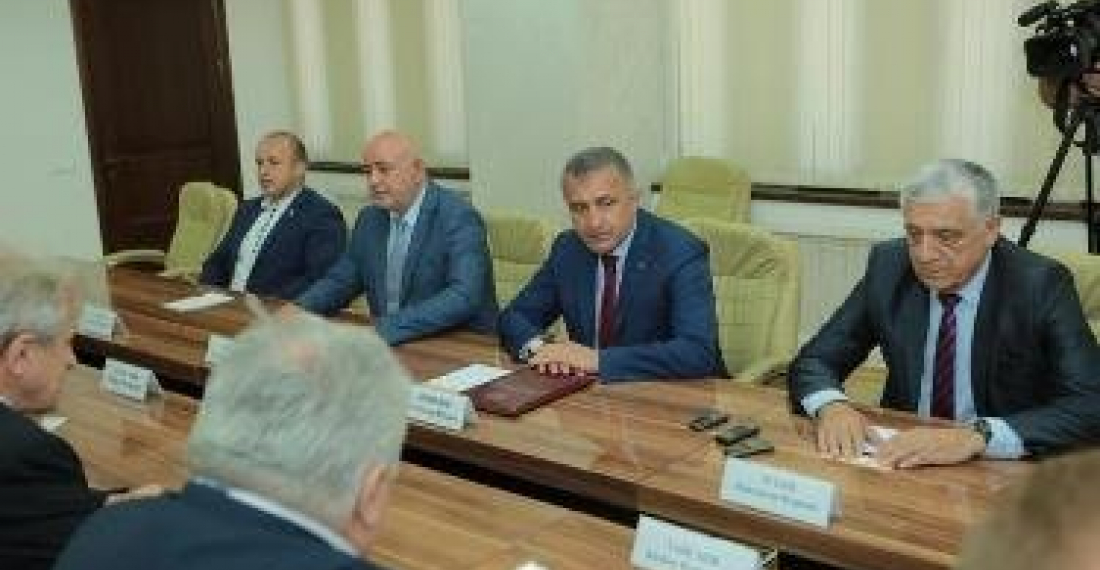Международное сообщество отвергло процесс проведения выборов на территории Южной Осетии. В воскресенье самопровозглашенная республика, которая по-прежнему признается в составе Грузии большей частью международного сообщества, проводила парламентские выборы.
Девяносто девять кандидатов зарегистрированы в 17 одномандатных округах. 60 из них являются кандидатами от партии, а 38 - кандидаты, выдвигающие себя самостоятельно. Семь политических партий, участвующих в выборах, - это Объединенная Осетия, Народное единство, Народная партия, Нихас, Коммунистическая партия, Фыдыбаста (Отечество) и Партия единства.
На выборах в Южной Осетии, как правило, преобладает клановая лояльность. На этот раз фаворитом на победу является правящая партия "Единая Осетия" - партия нынешнего президента Анатолия Бибилова.
В 2008 году, после короткой грузино-российской войны, Россия признала Южную Осетию независимой страной.
"Европейский Союз не признает конституционные и правовые рамки, в которых будут проходить эти так называемые выборы", - заявил представитель Европейской службы внешних действий Майя Коцианчич в комментарии о воскресных выборах. Эта позиция была поддержана рядом других стран и правительств.
Делегации Госдумы России и Совета Федерации в воскресенье находились в Цхинвали для наблюдения за выборами. У них также была встреча с самопровозглашенным президентом края Анатолием Бибиловым (фото)
источник: commonspace.eu по материалам агентств







